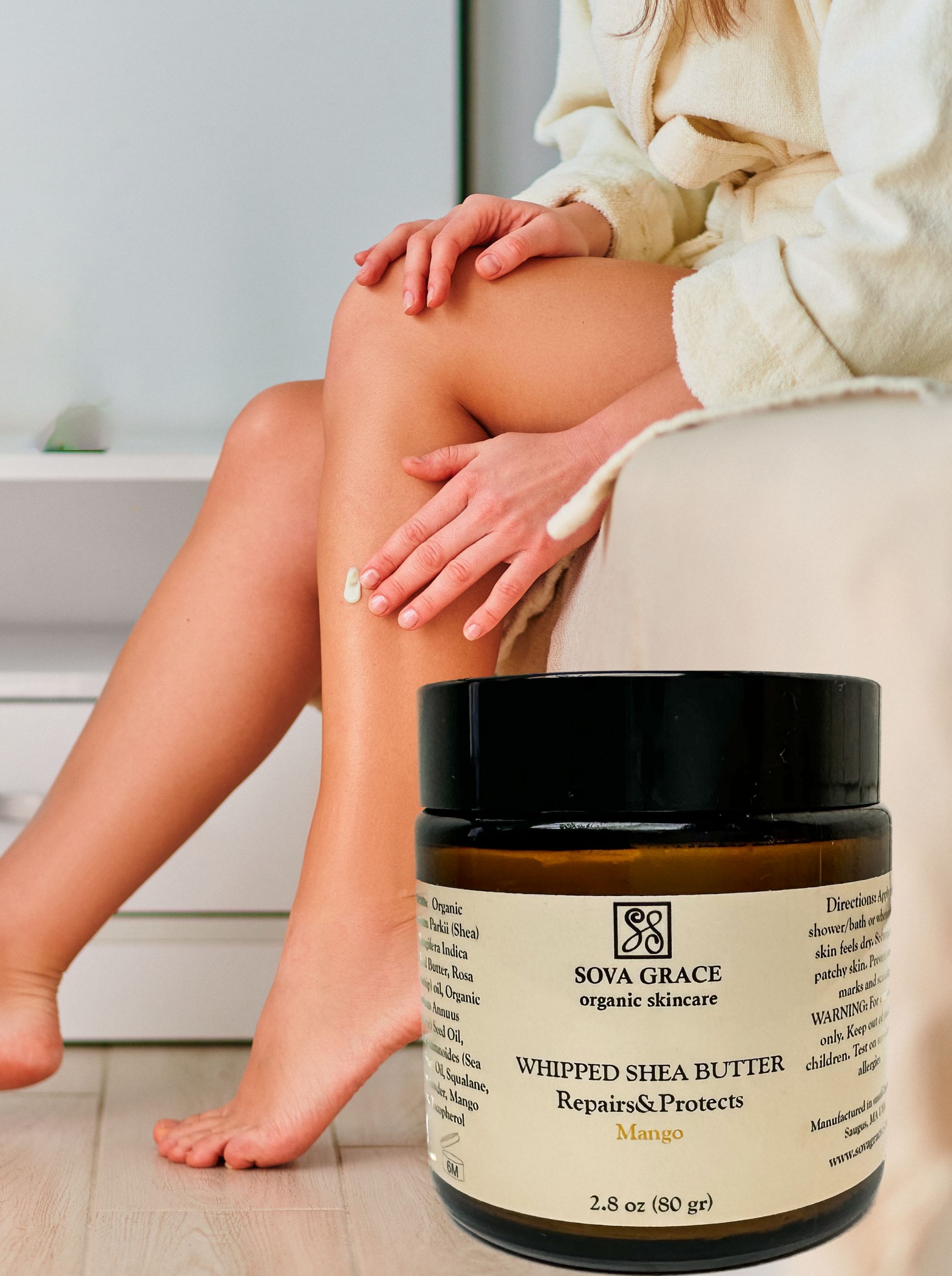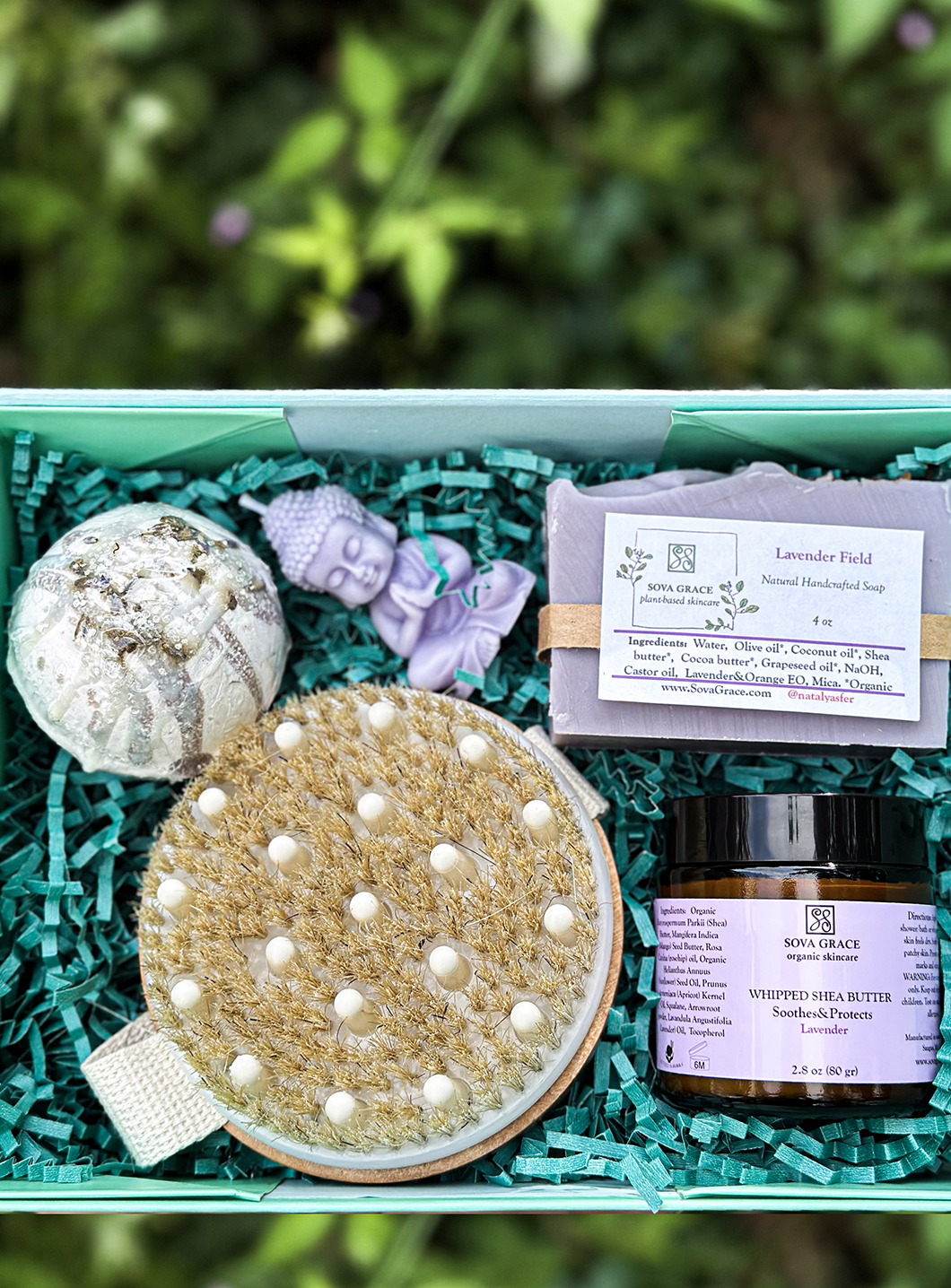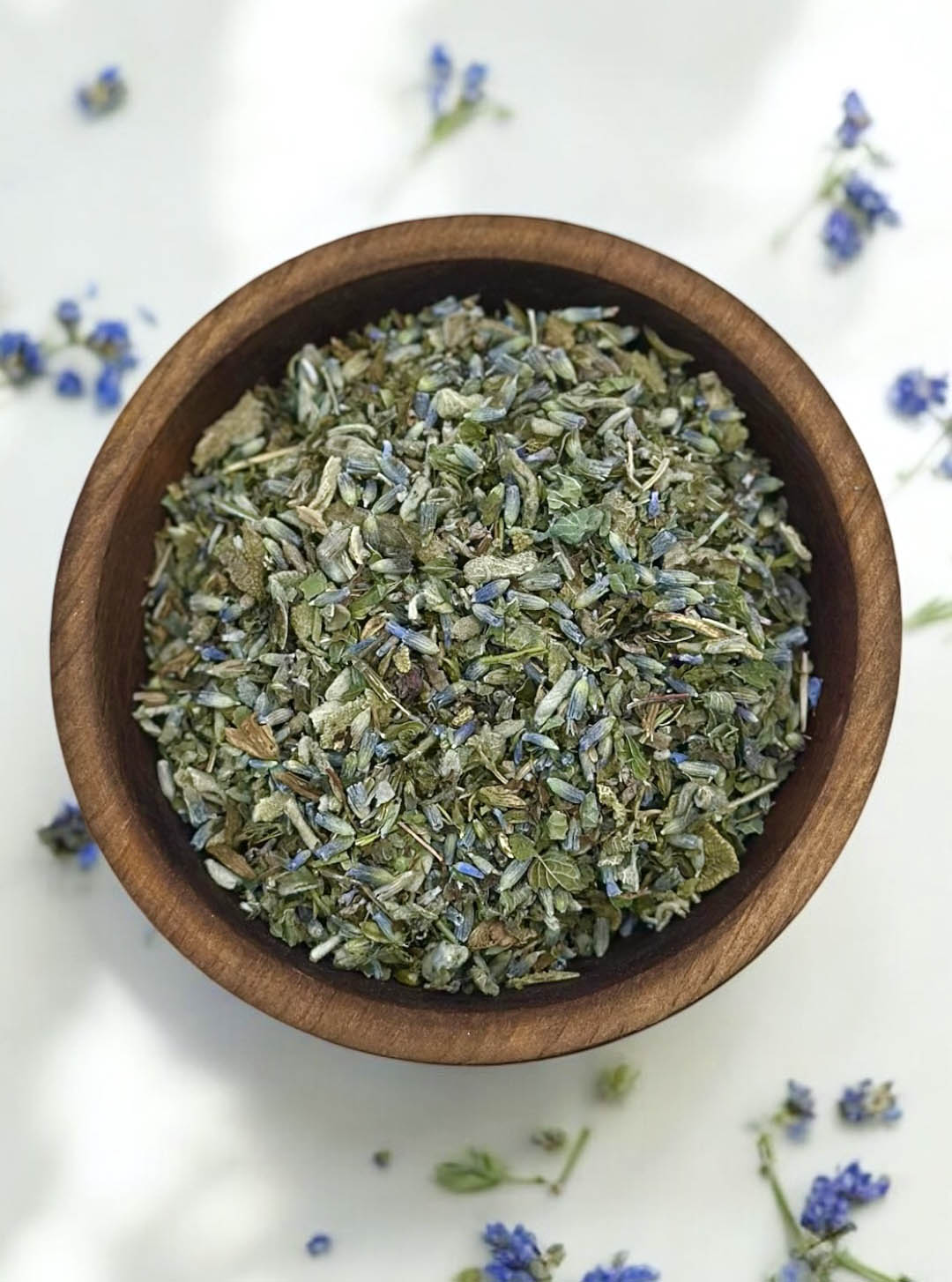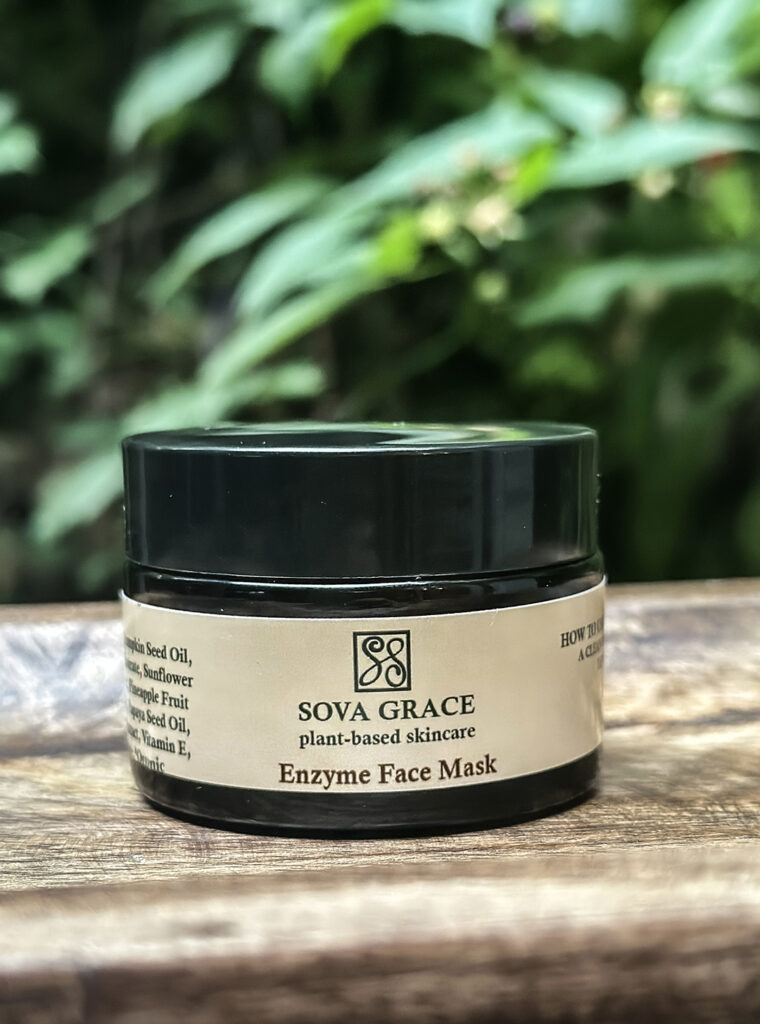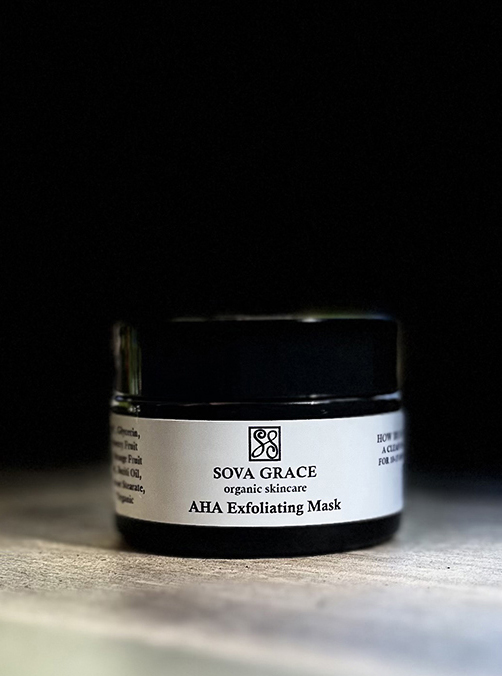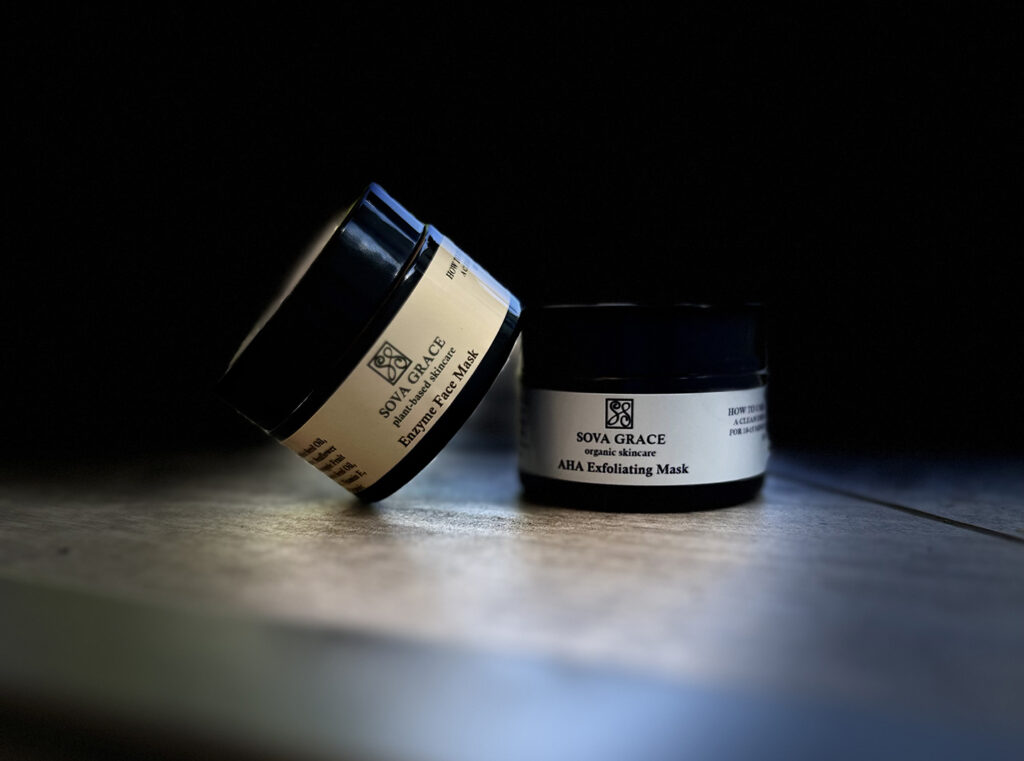
Both AHAs (alpha hydroxy acids) and enzymes are commonly used for exfoliation in skincare products. They serve as chemical exfoliants that help remove dead skin cells from the surface of the skin, revealing a smoother and brighter complexion. However, they work differently and have their own advantages and considerations. Lets find out!
AHAs (Alpha Hydroxy Acids):
- How they work: AHAs are acids that work by loosening the bonds between dead skin cells, allowing them to be gently sloughed off. They can penetrate the top layer of skin (epidermis) to promote exfoliation.
- Types: Common AHAs used in skincare include glycolic acid (from sugar cane), lactic acid (from milk), malic acid (from apples), tartaric acid (from grapes), and citric acid (from citrus fruits).
- Benefits:
- Effective in improving skin texture, reducing fine lines, and diminishing the appearance of hyperpigmentation.
- Can enhance the absorption of other skincare products due to improved skin cell turnover.
- Suitable for various skin types, but sensitivity and irritation can occur, especially at higher concentrations.
- Considerations:
- AHAs can increase sun sensitivity, so using sunscreen is crucial.
- They can cause temporary redness, irritation, or peeling, especially when first introduced to a skincare routine at high percentage.
- Those with sensitive skin may need to start with lower concentrations and gradually build up.
Enzymes:
- How they work: Enzymes used in skincare products are typically derived from natural sources like fruits (e.g., papaya, pineapple) and work by breaking down and dissolving dead skin cells. They are often referred to as “natural exfoliants.”
- Benefits:
- Enzymes are generally considered gentler than AHAs, making them suitable for sensitive skin.
- They can provide exfoliation without the risk of causing excessive sun sensitivity (at low concentration).
- Less likely to cause redness and irritation compared to stronger AHAs.
- Considerations:
- Enzymes may not be as potent as AHAs for addressing more severe skin concerns.
- They might require longer exposure time on the skin to achieve effective exfoliation compared to stronger acids.
In summary, AHAs are more potent and effective for addressing specific skin concerns like texture, fine lines, and hyperpigmentation, but they can also be more irritating, especially for sensitive skin. Enzymes provide a gentler form of exfoliation, making them suitable for sensitive skin types, but they might not be as powerful for targeting certain skin issues. Your choice between AHAs and enzymes will depend on your skin type, concerns, and sensitivity level. Always conduct a patch test to find out about your sensitivity to the product.
Try this:
